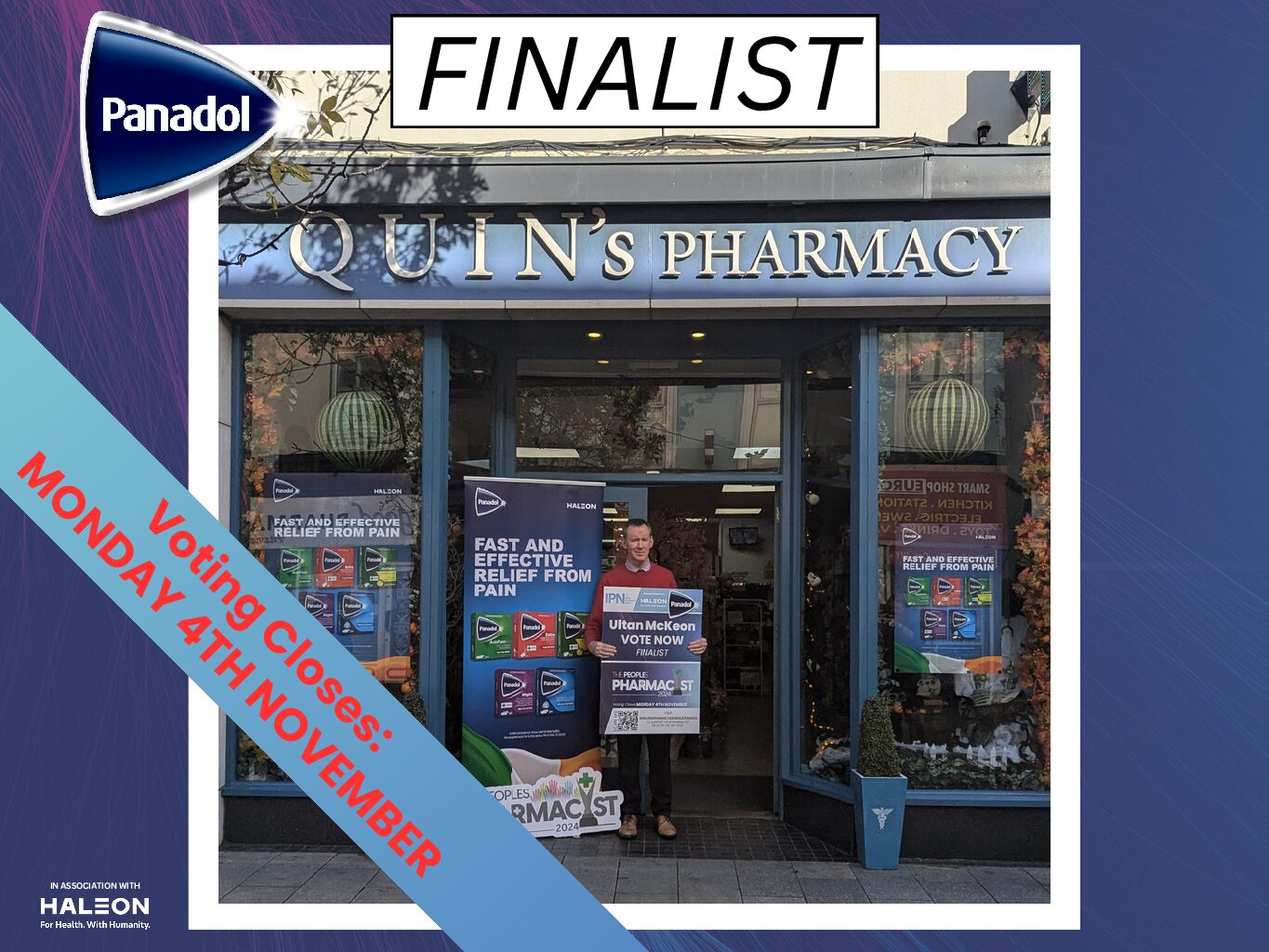Research from NUI Galway in collaboration with the University of Zaragoza, Spain has carried out a study on how Instagram Likes affect people.
Instagram recently piloted an initiative of hiding the number of Likes a post receives from other users. A rationale for hiding Likes was to support wellbeing through reduced competition for Likes.
In an experiment with 280 Instagram users in the United States, the researchers investigated the effect of hiding Likes on negative affect (a subjective form of emotional distress, for instance being upset, ashamed, or nervous) and loneliness. Results show that this new measure introduced by Instagram can improve users’ wellbeing.
In the study, which had 62% male and 38% female participants with an average age of 34, Instagram users were asked how many Likes they would expect to receive for a post. On average 145 Likes were expected. The participants were then given scenarios where they received a lot more or far fewer Likes than they expected, and also that their followers could or could not see how many Likes they received. Following each scenario, the participants’ negative affect and their loneliness were measured using a questionnaire.
The study’s author, Dr Elaine Wallace, Senior Lecturer in Marketing, J.E. Cairnes School of Business & Economics, NUI Galway, said: “We already know, for instance, that people who are lonely tend to be bigger users of social media, and tend to generate and consume more Instagram content. We also know that social media use can lead to social comparison, or ‘sizing up’ how we are doing relative to others, and this can lead to negative outcomes.
“In this study, we wanted to investigate whether hiding Instagram Likes would have an effect on users’ wellbeing, when they received a high or a low number of Likes for a post. If, for instance, I expect to get 10 Likes for a post, does getting far more than 10 Likes make me feel less lonely? If others cannot see how many Likes I get, does that have any effect?”
Dr Wallace continued: “In our study we found that competition for relative position in terms of number of Likes may be making people unhappy. People are seeking Likes to feel less lonely, but getting those Likes also increases negative affect – those feelings of being upset or ashamed or nervous. We found this especially when Instagram users know that others can see how many Likes they get. Hiding the visibility of an Instagram users’ Likes from others could therefore be a good idea.”
The study also found that when Likes were much lower than Instagram users hoped, they were more lonely, but they did not experience negative affect, even when those Likes were visible to others. The researchers believe this may be because these people feel they have already ‘lost’ to others in the relative competition for Likes, so it did not matter to them whether their Likes were visible or not.
The study also looked at Instagram users who are vulnerable narcissists, individuals who might be especially sensitive to image threat and to interpersonal rejection and may engage in tactics to try to avoid rejection. In the study, vulnerable narcissism was associated with greater loneliness.
Dr Wallace added: “Vulnerable narcissists have a great fear of being evaluated. Our study shows that, for vulnerable narcissists, getting higher numbers of Likes reduces loneliness. These users are especially sensitive to social comparison, and they may be engaging in Like-seeking to seek validation and avoid rejection.”
Co-author Isabel Buil, from the University of Zaragoza, Spain, concluded: “Like-seeking can become a vicious cycle, as our findings suggest that when people receive more Likes they feel less lonely, but receiving more Likes can also make them feel more unhappy, especially when others can see those Likes. This could trigger Like-seeking behaviours again. We find little evidence to suggest that well-being is improved by showing Likes to Instagram followers.”
Read the full study in the journal, Elsevier ScienceDirect, here: https://www.sciencedirect.com/science/article/pii/S0191886920307005?via%3Dihub.
See a short video about the study here: https://youtu.be/LEeKaSFYAy4.











